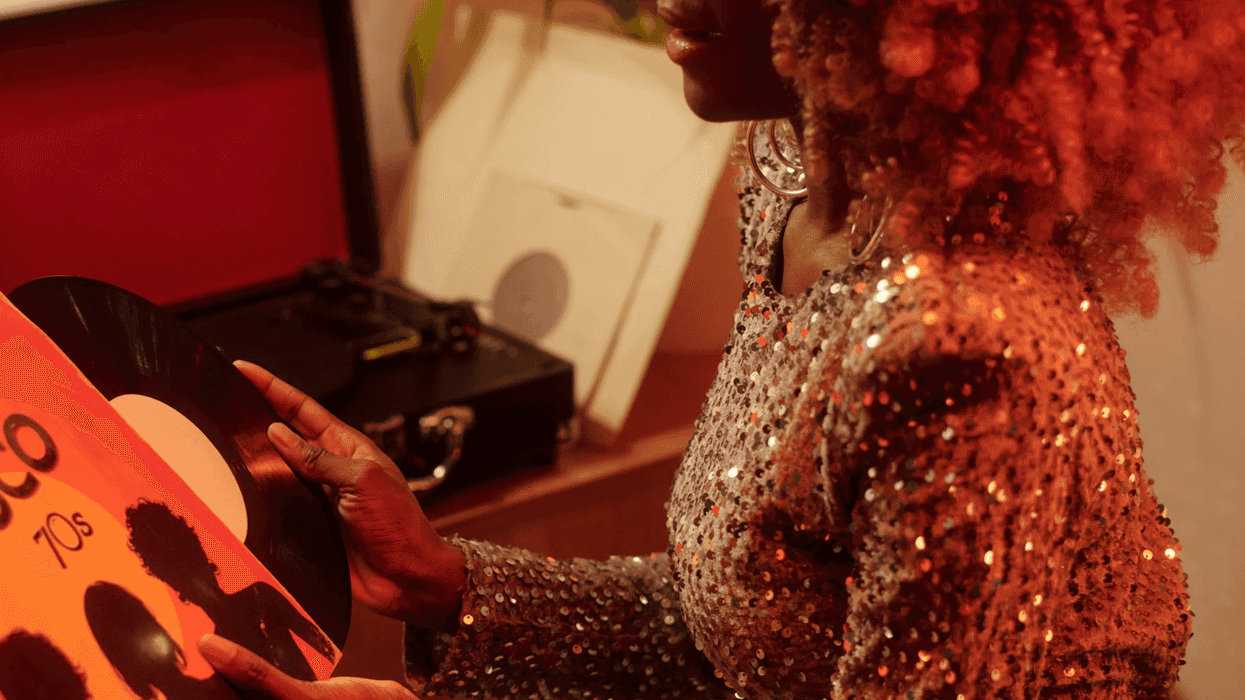How satisfied will you be with your life in the future? A study posed that question to 3,793 American adults ages 27 to 74, then asked them again roughly a decade later. 48 percent of participants overestimated their life satisfaction, while 22 percent underestimated it. According to Andrew Reed, PhD, a postdoctoral scholar at Stanford’s Lifespan Development Lab, the findings are consistent with a larger truth about future forecasting, one that comes up in study after study: We’re terrible at predicting how our decisions will make us feel.
As the popularity of palm readers, psychics, and Magic 8 Balls can attest, humans have a great longing to know what the future holds. Perhaps this comes from our utter incompetence at “affective forecasting,” or predicting how we’ll feel years or even minutes into the future. Reed attributes this to our tendency to “deviate from what is rational and fall prey to systematic biases when making decisions.”
Our murky perceptions of future feelings make us prone to overestimations and underestimations of the intensity and duration of our emotional reactions. Scientists call this the “impact bias,” write psychologists Timothy D. Wilson and Daniel T. Gilbert, and it plays a big role in your bad decision making. Impact bias is at work when you anticipate that a doctor’s appointment or bad score on a test will make you feel worse than it actually does, and for longer than you predict. Impact bias also plays a role in over-predicting a positive feeling—such as how good you imagine that third beer will make you feel, when in fact it might make you sick.
Wilson and Gilbert suggest this bias stems from the human desire to anticipate that the future will bring happiness, despite any evidence to the contrary. Overestimating positive feelings can bring trouble, inspiring people to jump too quickly into situations they later regret—such as a hasty cosmetic surgery or purchasing an expensive big-ticket item they can’t really afford. Yet anyone who’s ever feared a face-off with a demanding authority figure knows that overestimating negative feelings is problematic, too, sometimes leading to sweaty-palmed, stomach-quaking anxiety that’s much more uncomfortable than the confrontation itself.
However, just knowing that you’re prone to bad future forecasting can increase the odds that you’ll become a savvier predictor. Research has shown that people who score higher in “self-compassion”—a measure of how kind and forgiving a person is of their pain and failures—are more accurate at predicting their future feelings and behavior.
Plus, despite our hopelessness at fortune-telling, humans are very good at “sense making,” using rationalizations to reduce the negative consequence of an event after it has not gone the way we hoped (or predicted). Participants in one study who failed to get a job, report Wilson and Gilbert, were less upset ten minutes later “when the failure was attributable to a single capricious interviewer…easy to rationalize: ‘The guy’s a jerk.’”
With age comes wisdom of the self, as well. Older adults get better at making more accurate predictions of their emotional status, which leads to better decision making. Reed says this is attributable to older adults’ “superior experience and wisdom [and] their improved emotion regulation skills.”
He cites a Stanford study of voters about their expected and actual emotional responses to the 2008 Presidential election. Of the 762 study participants—a mix of Democrats and Republicans—they found that “age differences in actual responses to the election were consistent with forecasts,” with older adults being better able to predict how they’d feel (i.e., excited about their candidate winning, or angry if their candidate lost).
Further, current research into “mindfulness”—the practice of observing one’s actions and self without judgment—and “mindfulness based stress reduction” programs have been shown to help people increase self-knowledge and self-compassion, thus improving their ability to make better decisions. Writes Carlson, “Paying more attention to one’s current experience may help a person to overcome many informational barriers…to self-knowledge.”
So while the data suggests you’re likely to be one of many who inaccurately predict how you’ll feel in the future, some mindfulness practices and self-compassion can go a long way toward helping you make better decisions.
Illustration by Brian Hurst. Thumbnail image by Victorgrigas via Wikimedia Commons.
















 Otis knew before they did.
Otis knew before they did.